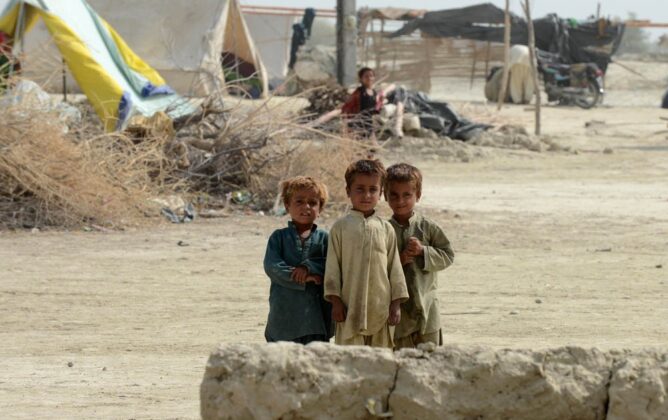
For the last 77 years there has been hope that Pakistan will get a government that will turn around its economy, but that has never happened. Maybe the time has come to examine the fundamental challenges the country faces.
In a recent piece, Yousuf Nazar, former head of Citigroup’s emerging markets investments writes that Singapore’s legendary founder Lee Kuan Yew made three important decisions right after the country’s independence, that played a critical role in transforming the country from a poor fishing village to one of the richest countries in the world. These were: “adopting the English language, attracting the best intellectual and management capital in the world regardless of national origin, and paying public servants generously while showing zero tolerance for corruption.”
Pakistan faces persistently high structural inflation and ballooning debt. “The federal government’s debt continues to climb at the rate of $2.3 billion a month. It has nearly doubled in the past four years, rising from Rs 38.8 trillion in June 2020 to Rs 74.3 trillion in April 2024. The federal government debt-to-GDP ratio rose from 58.6% in 2013-14 to nearly 75% in 2023. The interest cost climbed from 54% of net federal revenues (total revenues less transfers to provinces) in 2014 to 113% in 2024.”
Further, according to Nazar “The share of the livestock sector (about 14% of the GDP) in the economy is rising, manufacturing is declining, and low-skilled services underpinned by a consumption-driven economy (supported by about $30 billion in remittances from overseas) characterize the economy of the sick man of Asia.”
Nazar warns that the lesson for Pakistan remains “a highly indebted and dysfunctional economy cannot be revived by mediocre public officials with a myopic worldview, who continue to walk down the beaten path and are incapable of doing anything except borrowing more. The country’s ruling elites must introduce major governance and economic reforms to avoid sinking deeper into the debt quagmire. Otherwise, they have the most to lose because they cannot compete and thrive anywhere else outside Pakistan.”
![]()





